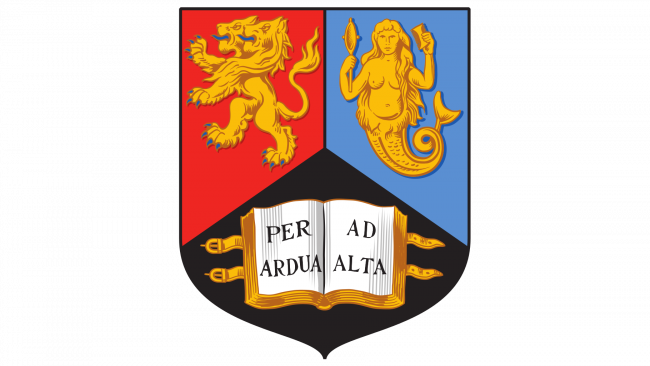University of Birmingham

University of Birmingham (informally Birmingham University) is a public research university located in Edgbaston, Birmingham, United Kingdom. It received its royal charter in 1900 as a successor to Queen's College, Birmingham (founded in 1828 as the Birmingham School of Medicine and Surgery) and Mason Science College (established in 1875 by Sir Josiah Mason), making it the first English civic or 'red brick' university to receive its own royal charter. It is a founding member of both the Russell Group of British research universities and the international network of research universities, Universitas 21.
The university was ranked 15th in the UK and 76th in the world in the QS World University Rankings for 2015-16.
Libraries and collections
Birmingham University Library Services operates nine site libraries. They are the: Barber Fine Art Library, Barber Music Library, Barnes Library, Education Library, Harding Law Library, Main Library, Orchard Learning Resource Centre, Ronald Cohen Dental Library, and the Shakespeare Institute Library.
The Shakespeare Institute's library is a major United Kingdom resource for the study of English Renaissance literature.
The Cadbury Research Library is home to the University of Birmingham's historic collections of rare books, manuscripts, archives, photographs and associated artefacts. The collections, which have been built up over a period of 120 years consist of over 200, 000 rare printed books including significant incunabula, as well as over 4 million unique archive and manuscript collections. The Cadbury Research Library is responsible for directly supporting the University's research, learning and teaching agenda, along with supporting the national and international research community.
The Cadbury Research Library contains the Chamberlain collection of papers from Neville Chamberlain, Joseph Chamberlain and Austen Chamberlain, the Avon Papers belonging to Anthony Eden with material on the Suez Crisis, the Cadbury Papers relating to the Cadbury firm from 1900 to 1960, the Mingana Collection of Middle Eastern Manuscripts of Alphonse Mingana, the Noël Coward Collection, the papers of Edward Elgar, Oswald Mosley, and David Lodge, and the records of the English YMCA and of the Church Missionary Society. The Cadbury Research Library has recently taken in the complete archive of UK Save the Children. The Library holds important first editions such as De Humani Corporis (1543) by Versalius, the Complete Works (1616) of Ben Jonson, two copies of The Temple of Flora (1799-1807) by Robert Thornton and comprehensive collections of the works of Joseph Priestley and D H Lawrence as well as many other significant works.
In 2015, a Quranic manuscript in the Mingana Collection was identified as one of the oldest to have survived, having been written between 568 and 645.
Birmingham Fellows
The Birmingham Fellowship scheme was launched in 2011. The scheme encourages high potential early career researchers to establish themselves as rounded academics and continue pursuing their research interests. This scheme was the first of its kind, and has since been emulated in several other Russell Group universities across the UK. Since 2014, the scheme has been divided into Birmingham Research Fellowships and Birmingham Teaching Fellowships. Birmingham Fellows are appointed to permanent academic posts (with two or three year probation periods), with five years protected time to develop their research. Birmingham Fellows are usually recruited at a lecturer or senior lecturer level.
In the first period of the fellowship, emphasis is placed on the research aspect, publishing high quality academic outputs, developing a trajectory for their work and gaining external funding. However, development of teaching skills is encouraged. Teaching and supervisory responsibilities, as well as administrative duties, then steadily increase to a normal lecturer’s load in the Fellow’s respective discipline by the fifth year of the fellowship. Birmingham Fellows are not expected to carry out academic administration during their term as Fellows, but will do once their posts turn into lectureships (‘three-legged contract’). When accepted into the Birmingham Research Fellowship, Fellows receive a start-up package to develop or continue their research projects, an academic mentor and support for both research and teaching. All fellows are said to become part of the Birmingham Fellows Cohort, which provides them a University-wide network and an additional source of support and mentoring